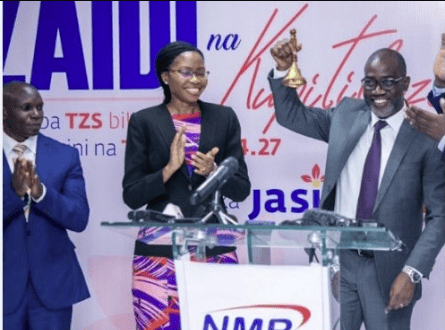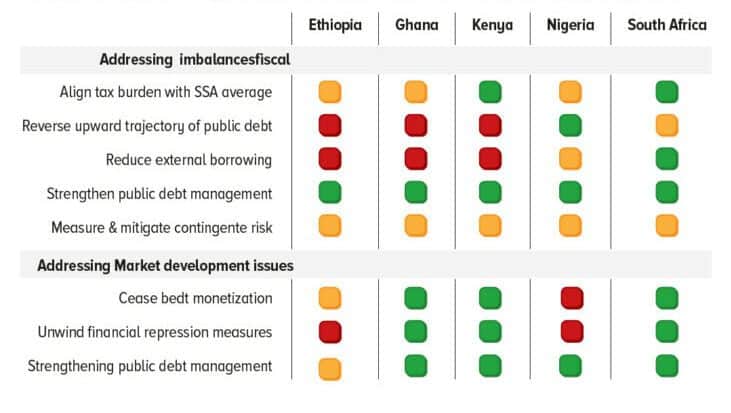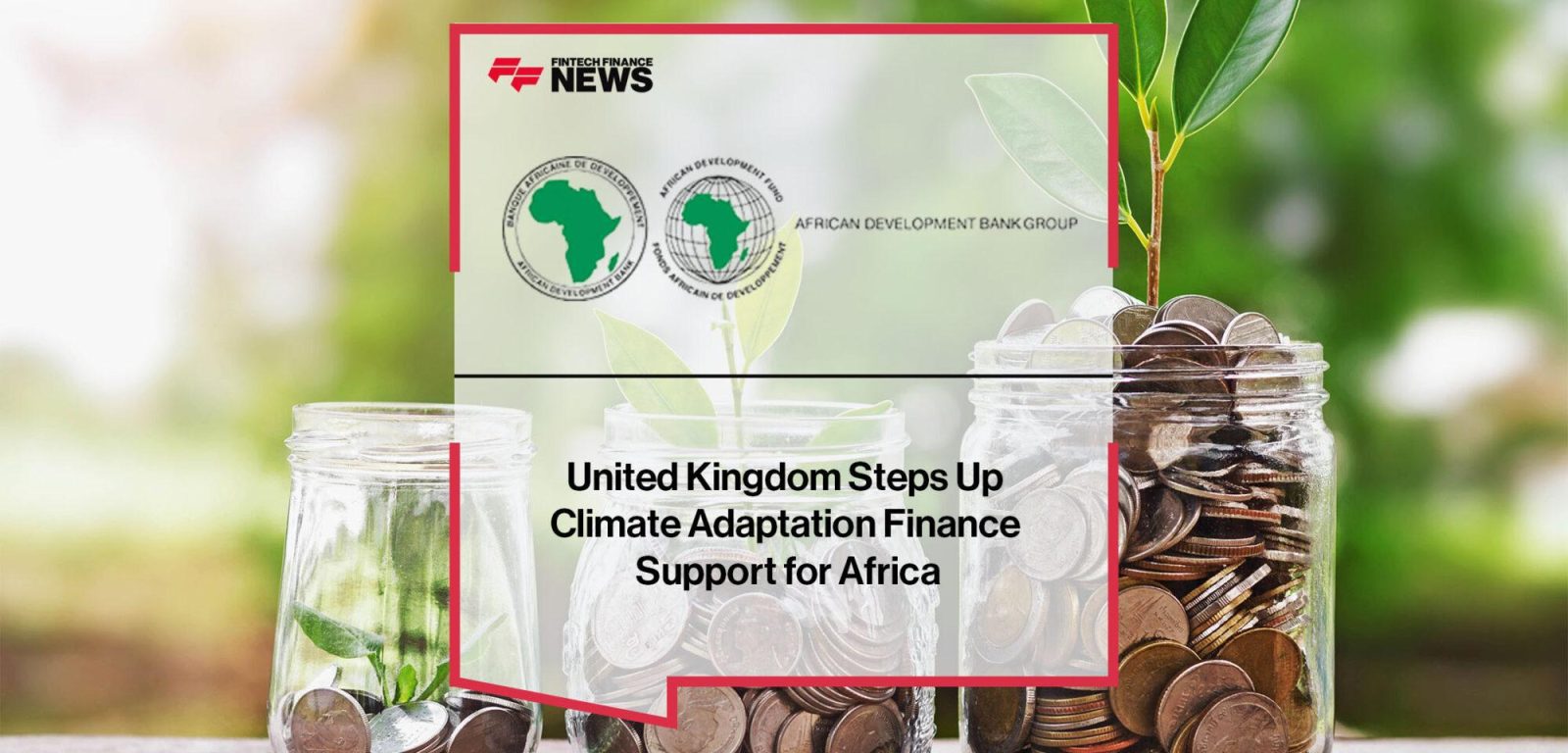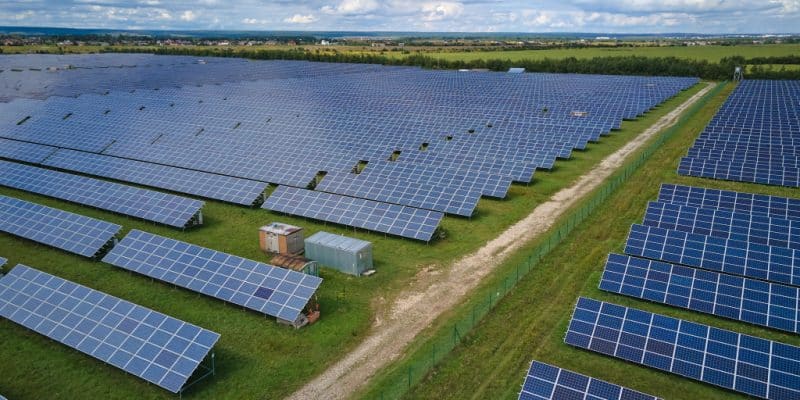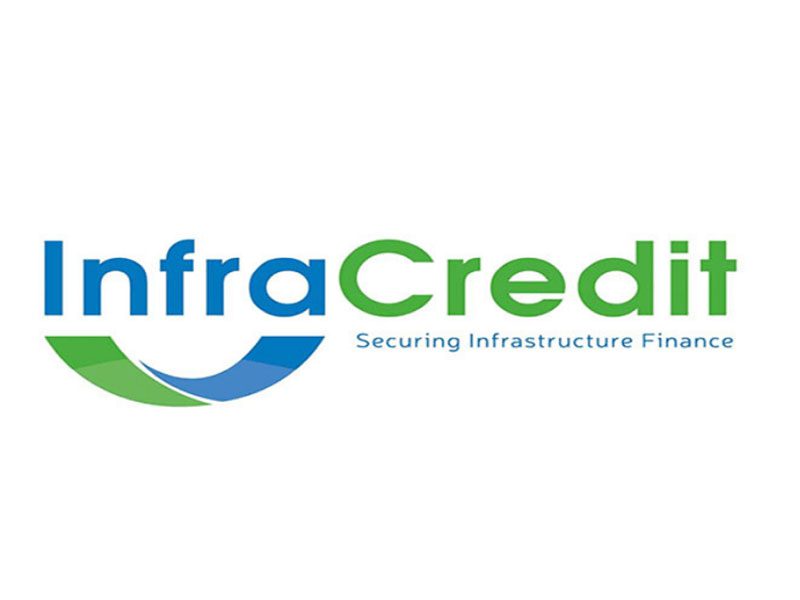‘How to fund sustainable growth in Africa’ was a recent event held at London Business School’s Sammy Ofer Centre by the Royal African Society (RAS) and Standard Chartered which saw Bill Winters, CEO of Standard Chartered, in conversation with Arunma Oteh, OON, Chair of the RAS, about how to fund sustainable growth in Africa. The event was supported by London Business School’s Wheeler Institute for Business and Development and the LBS Africa Club.
The issue of sustainable growth is a significantly important topic for investors, banks and corporates around the world. Promoting sustainable finance to emerging economies is a growing priority for the global investment community, bringing together public and private sectors to ignite and grow climate and environmental finance, promote good governance, and support broader development goals. Standard Chartered Bank’s CEO Bill Winters addressed these issues and more on 5 October, and later engaged in discussion Royal African Society Chairperson Arunma Oteh.
Africa’s massive financing gap
The UN’s Economic Report on Africa 2020 estimated that the continent needed about $1.3tn a year to achieve the Sustainable Development Goals (SDGs) by 2030, a figure that could increase by 50% to $19.5tn as a result of population growth. A more recent report by Climate Policy Initiative (CPI), funded by CIFF and FSD Africa, Climate Finance Needs of African Countries, has estimated that the cost of implementing the continent’s NDCs (nationally determined contributions) under the Paris Agreement could be around $2.8tn between 2020 and 2030; the UN now estimates the figure to be over $3tn over the same period.
It is not fair or possible for Africa to meet these funding requirements. Africa accounts for only 2-3% of current global emissions (and about the same level of cumulative emissions) and yet is the continent most at risk from climate change. CPI’s report explains that African governments have committed $264bn of domestic resources for implementing NDCs, leaving a funding gap of $2.5tn. In comparison, the combined annual GDP across the continent is $2.4tn. If African countries were to fund the gap themselves, the annual expenditure of $250bn would more than double their combined spending on health. The CPI report notes, however, that “total annual climate finance flows in Africa, for 2020, domestic and international, were only $30bn, about 12% of the amount needed,” and that “most current climate financing in Africa is from public actors (87%).” In other words, there is a pressing need for much greater involvement of private finance in closing the funding gap.
Attracting private finance
For Standard Charters’ Bill Winters, there are three things that are required to access private finance at scale:
First, there needs to be continued development of a set of agreed standards against which to measure projects and their impacts. CPI’s report (cited above) emphasises the need to improve the quality and granularity of the data on the financing needs of each country, classifying them by economic sector and subsector and by public and private sources of finance.
Second, there needs to be a more effective model for public-private partnerships with MDBs (multilateral development banks). At present, there are two main challenges – the scale of MDB financing available and the ratio of private to public funds in the projects. Winters explained that MDBs currently contribute around $9bn annually (out of a total requirement of $1.3tn) and that for every 95c received from the World Bank only around $1 of private capital is contributed. When asked in the discussion’s Q&A session what he would do if he were newly elected president of a US MLB, he said he would ask his shareholders for at least a doubling of capital, request permission to increase funding for sustainable projects by fifteen times, and tell them that the expected loss on those projects would need to increase from approximately zero to 6-7%, the loss rate one would expect from a risky tranche of such projects. In this way, public financing would be catalysing, rather than substituting.
Finally, non-bank capital needs to be accessed at scale. With less than 2% of the AUM of the 300 largest asset managers targeted at Africa, there is scope for much greater involvement of private investors, but only if the products available can be standardised, understandable and rated.
The potential global benefits of Africa’s sustainable growth
A recent Standard Chartered report, Just in Time, has estimated that developing markets, of which Africa represents a large proportion, need $95tn between now and Net Zero. If the countries were to fund it themselves through taxation and borrowing, it could reduce household consumption by an estimated 5% p.a. This would be an especially unfair burden, given Africa’s low contribution to global emissions. If funded by public and private capital from developed countries, on the other hand, GDP could be increased by 3.1% in emerging markets and 2% worldwide (equivalent to $108tn to 2060). This would represent a welcome contribution to global growth in the mid-21st century.
Net Zero and Africa’s energy policy
During a Q&A session moderated by Arunma Oteh, Winters was asked about how the drive for Net Zero would affect the nearly 800 million people with no access to electricity, many of whom are in countries looking to increase the levels of emissions-generating industrial, educational and urban activities as part of their growth agendas. Winters acknowledged that Africa’s power deficit was enormous and that a just transition must be central to any successful sustainability action, and he accepted that the strong economic growth that was on offer would also entail a rise in emissions, before a reduction. But, given the target of a 45% reduction in emissions by 2030, he hoped that big investments in better power, manufacturing and agriculture would be made now. When asked specifically about natural gas, Winters explained that – as in the IEA’s likely scenario – gas usage would increase due to underlying growth and would represent an essential transition fuel for the continent.
COP26 and the Taskforce on Scaling Voluntary Carbon Markets
When reflecting on COP26, Winters felt that notable successes had been achieving greater involvement of the private sector, developing a clearer model for public-private relationships (and in the process overcoming some initial antagonism between the parties) and establishing good frameworks for measurement and assessment. One of the areas in which he felt there was more to do was Article 6 on market mechanisms and non-market approaches. COP26 saw the adoption of guidance, rules, modalities and procedures to be overseen by a Supervisory Board, and the introduction of instruments (ITMOs) similar to carbon credits in the voluntary carbon markets, but there remain some areas to clarify around past credits and the potential for double counting, amongst others.
Winters was then asked about his role as Chair of the Taskforce on Scaling Voluntary Carbon Markets (TSVCM), the private sector-led initiative working to scale an efficient and effective voluntary carbon market. He explained that it contains 450 members from a range of fields – NGOs, academia, private sector actors, including emitters, and intermediaries – who are seeking to get tens or hundreds of millions of dollars into environments at risk and to incentivise the development of carbon-reducing technologies that would otherwise lack investment. The first focus of these activities has been the Amazon, the Congo Basin and the Indonesian rainforests, currently home to the world’s largest existing carbon sinks.
Looking ahead to COP27
Oteh then asked Winters about his thoughts on COP27 and what his criteria for success would be for that meeting. He hoped to see ongoing focus on public-private partnerships, that is, an acknowledgement that the problem was too large to be solved by either party alone. Then he asked for greater specificity in the definitions in Article 6 about how national accounting reconciles to carbon markets. Finally, he said that governments had to deliver the funds they promised, if they were to have any chance of catalysing private sector financing in the volumes required.
Overall, Winters was positive that the required momentum was building behind this issue. As we look forward to COP27 and think about Africa’s journey towards sustainable growth, both he and Oteh were optimistic that Governments and MDBs can catalyse private sector finance to enable a just transition top Net Zero on the continent. We will be watching COP27 to see whether these hopes are realised.
This event was curated by the Royal African Society (RAS) and Standard Chartered and supported by the Wheeler Institute for Business and Development and the LBS Africa Club.
David Jones MBA 2022 is a Classics graduate and has worked as a teacher in Malawi, an accountant at Deloitte and in the finance function at the Science Museum in London. He completed an internship with the Wheeler Institute’s Development Impact Platform in Zambia over summer 2021 and is now continuing as an intern for the Wheeler Institute, contributing to the creation of content that amplifies the role of business in improving lives.
Read original article

